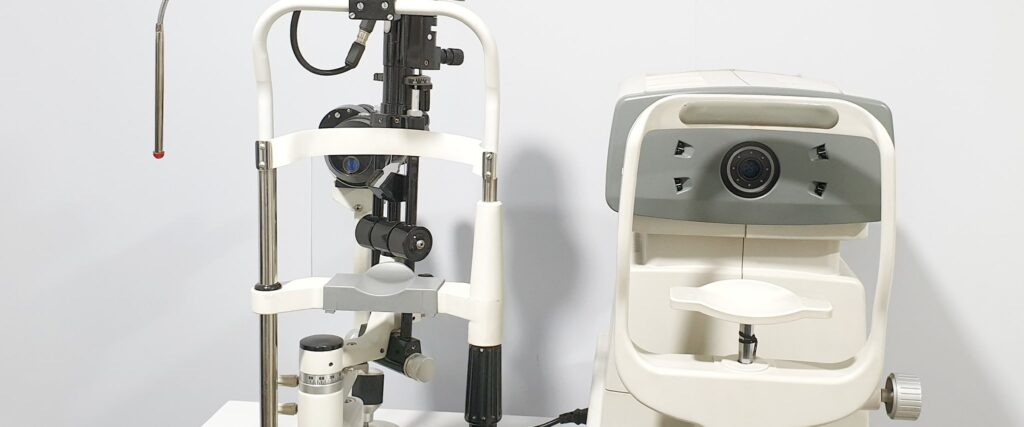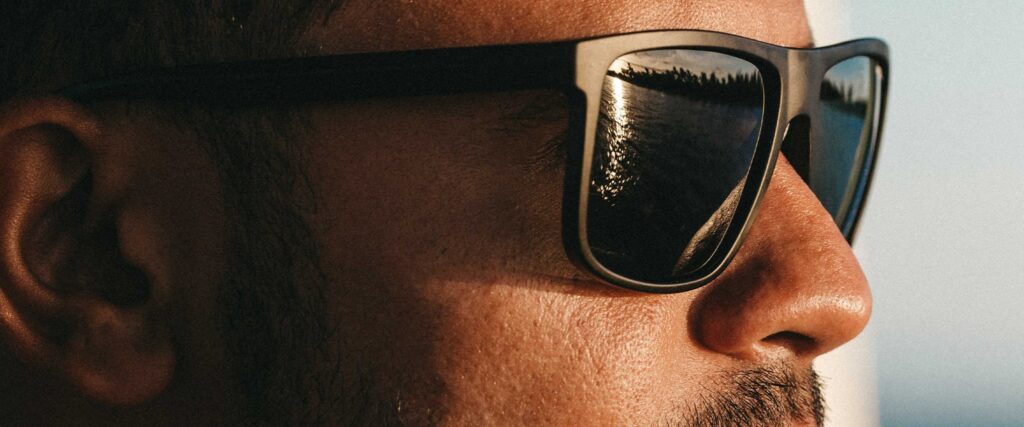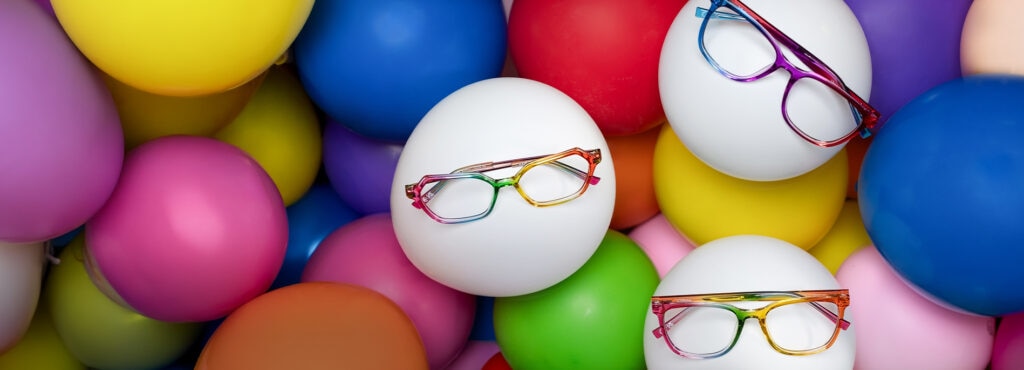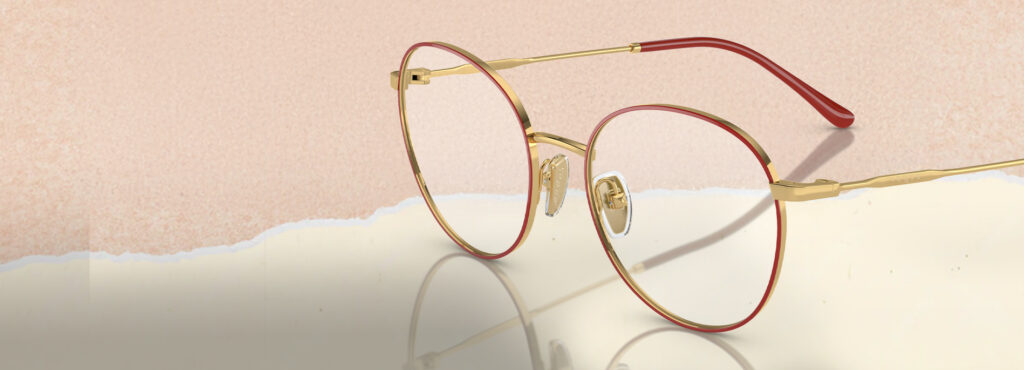Do you worry that your eyesight will deteriorate over time? You are not alone. It is actually a very common concern and unfortunately, many people fail to take action. This National Eye Health Week, learn about the significance of keeping your eyes in good health and discover why you should have sight tests on a regular basis. This awareness campaign aims to educate people on how to safeguard their vision. Find out how you can take crucial steps to protect the future of your sight.
Can vision loss be prevented?
Did you know in the UK around two million people are living with vision loss? This can have a serious impact on their everyday lifestyle. Yet, for half of the people with sight loss, it is completely preventable.

Why do I need to have regular eye tests?
An eye test can detect several health problems. It is essential that you book frequent eye tests with your local optician. An eye test not only enables you to get a new prescription but will also reveal how healthy your eyes are. It can also detect early signs of diseases like diabetes, glaucoma and even high blood pressure. These health problems can easily be treated if found early on. An eye test is a vital medical examination that a majority of adults are required to attend on a two-year basis. The frequency may vary for some individuals, especially for over 70s and people who suffer from diabetes and glaucoma. Watch our Ask the Optician video to find out more about the importance of frequent eye tests.
National Eye Health Week is a crucial reminder to stay on top of your eye care. If you are due an eye test, don’t forget to book one in with your optician soon.
How to maintain good vision
There are a few simple ways you can safeguard your vision for the future. A few small lifestyle changes can have a notable impact and significantly improve your way of life.

Protect your eyes from the sun
It is essential that you wear an appropriate pair of sunglasses when exposed to bright sunlight as it can damage your eyes significantly. Exposure to UV rays over a long period can result in conditions like cataracts, macular degeneration and even tumours around the eyelids. At Glasses Direct, we have a variety of sunglasses tints that are suitable for different purposes. They all provide 100% UVA/B protection. Choose either dark tints, gradient tints, or polarised sunglasses. For added convenience, try our Transitions® lenses. These types of light intelligent lenses are dual-purpose and adapt to changing light conditions. They transform from clear glasses indoors to a trendy pair of sunglasses when you go outdoors! These light adaptive lenses also shield your eyes from the sun’s UV rays.
If you’re looking for a standard pair of glasses with UV protection, we have a range of lens packages which you can upgrade to from our basic clear lenses. The Gold, Platinum and Diamond packages all have an anti-UV and anti-reflective coating. This means your standard pair of prescription glasses will shield your eyes from UV rays and will also minimise distracting reflections and glare. The sun’s light reflects off surfaces like water, sand and snow and so shielding your eyes from UV light is vital whatever time of year it is.

Eat a healthy, balanced diet
It goes without saying that a healthy, balanced diet will help you maintain good health in general. There are many delicious foods that are thought to improve your eyesight. This includes fish rich in omega-3 fatty acids like salmon, sardines, anchovies and tuna. Plant-based alternatives include flaxseeds, chia seeds, walnuts, brussels sprouts and edamame beans. Omega-3 fatty acids can lower the risk of high eye pressure, they are therefore ideal for people with glaucoma. They also help control the inflammation linked to dry eye syndrome.
Leafy greens are rich in antioxidants which can reduce your chances of developing age-related macular degeneration.
Food packed with vitamin C, like oranges, red peppers and strawberries, can minimise the likelihood of developing cataracts.
Meanwhile, orange fruit and vegetables like carrots, mangoes and sweet potatoes are high in vitamin A and are able to improve your vision at night. As the old saying goes, carrots help you see in the dark! If you are deficient in vitamin A, this can result in night blindness.
Finally, foods like sunflower seeds, avocado, peanuts, eggs and asparagus are high in vitamin E and full of antioxidants which keep your eyes protected from free radicals. These can damage proteins in the eye and cause cloudy patches, known as cataracts, to develop on the lens of the eye.
One of the easiest ways to make sure your diet is healthy is by making sure that you are eating the rainbow. As the saying suggests, consuming a variety of vibrant fruit and vegetables can help ensure your eyes are getting the nutrition they need. It is also important to enjoy as much variety in your diet as you can and benefit from the right balance of foods.
Why is National Eye Health Week important?
National Eye Health Week reminds us to nurture our eyesight and keep our eyes safe. Good vision can easily be maintained fairly effortlessly. Stay healthy and keep active. Wear the appropriate eyewear and always prioritise getting an updated prescription. For more information, head to our eye health hub.




